President Emmanuel Macron’s wife, Brigitte, has faced intense harassment on social media with malicious claims she was born a man.
Published On 5 Jan 2026
A Paris court has found 10 people…
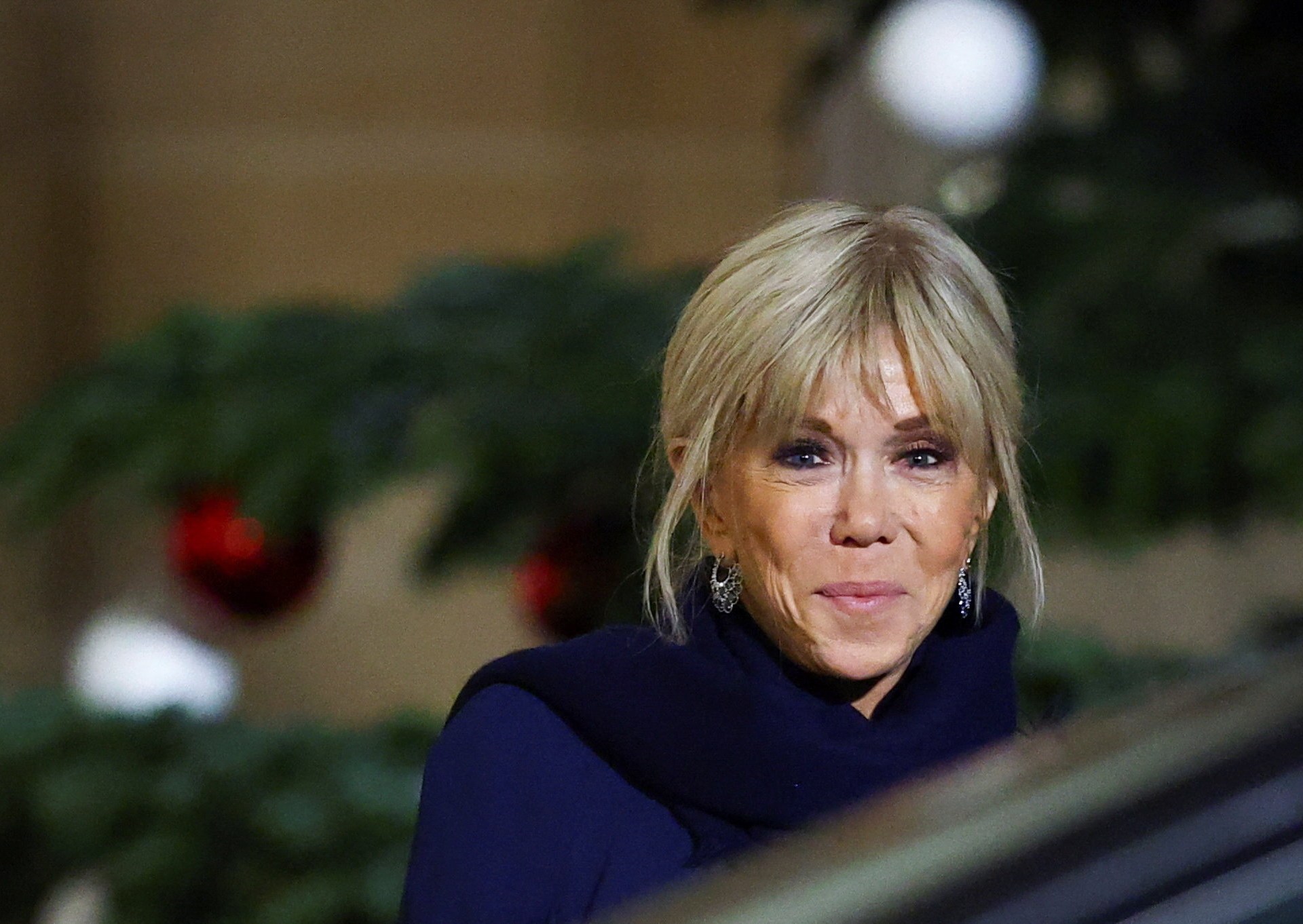
President Emmanuel Macron’s wife, Brigitte, has faced intense harassment on social media with malicious claims she was born a man.
Published On 5 Jan 2026
A Paris court has found 10 people…
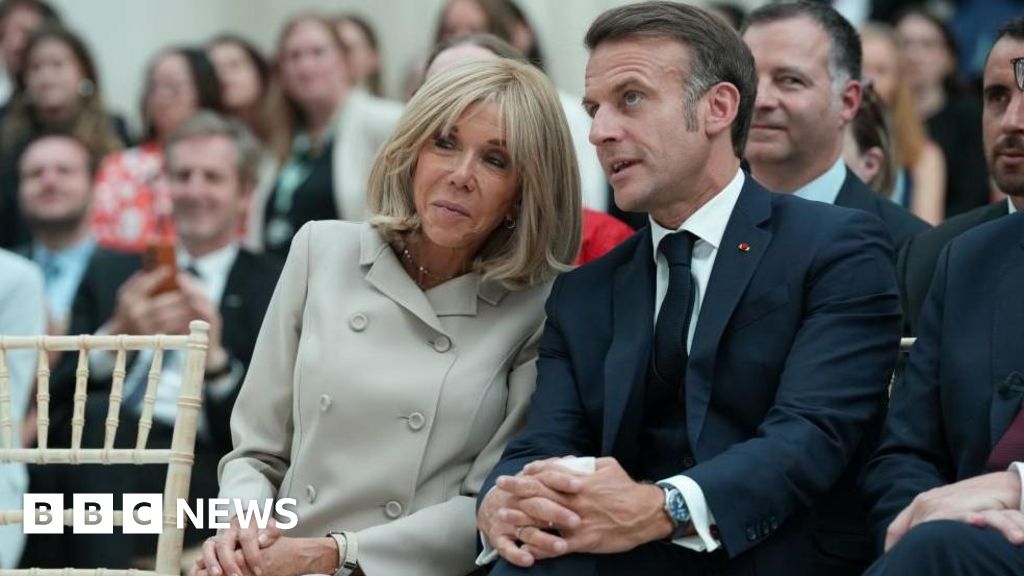
Ten people have been found guilty of cyber-bullying Brigitte Macron, the wife of French President Emmanuel Macron, by a Paris court.
The defendants were accused of spreading false claims about her gender and sexuality, as well as making…
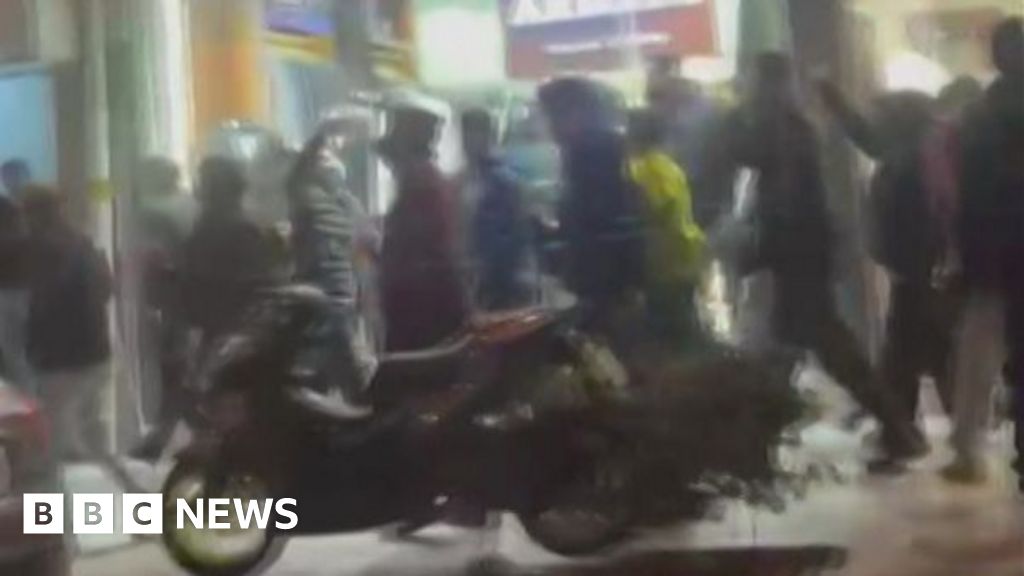
A wave of protests sparked by Iran’s failing economy has entered its ninth day, as President Donald Trump renewed his threat of US intervention.
On Sunday, videos published online showed demonstrations in Tehran, as well as Fars, Ilam, North…
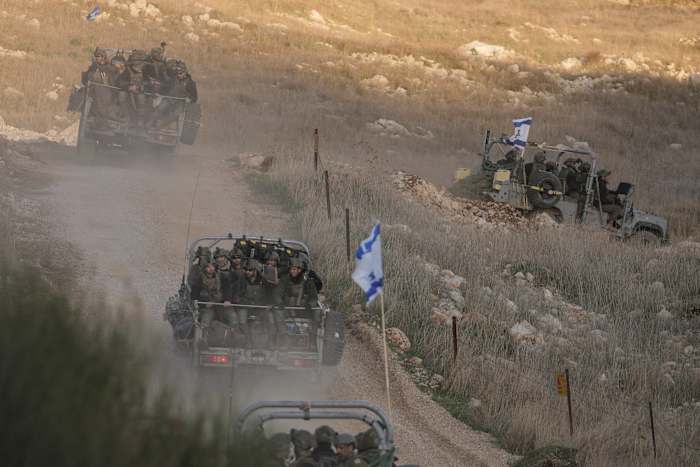
BEIRUT – Officials from Syria and Israel are set to resume U.S.-mediated talks in Paris in hopes of reaching a security agreement to defuse tensions between the two countries, officials said Monday.
A Syrian official, who spoke on condition of…
The Chairperson of the African Union Commission (AUC), H.E. Mr. Mahamoud Ali Youssouf, extends his warmest congratulations to the President-elect of the Republic of Guinea, H.E. General Mamadi Doumbouya, on his election with 86.72% of the vote,…
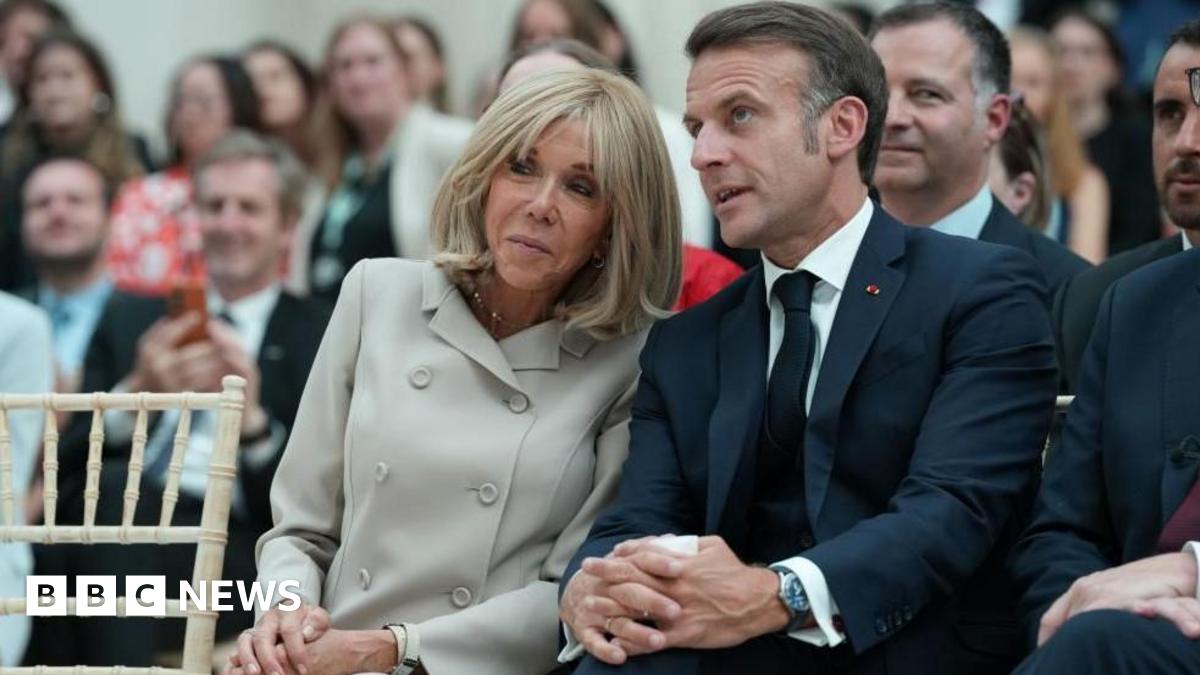
Two of the defendants – self-styled independent journalist Natacha Rey and internet fortune-teller Amandine Roy – were found guilty of slander in 2024 for claiming that France’s first lady had never existed.
They said her brother Jean-Michel…

Here was a scholarship with…
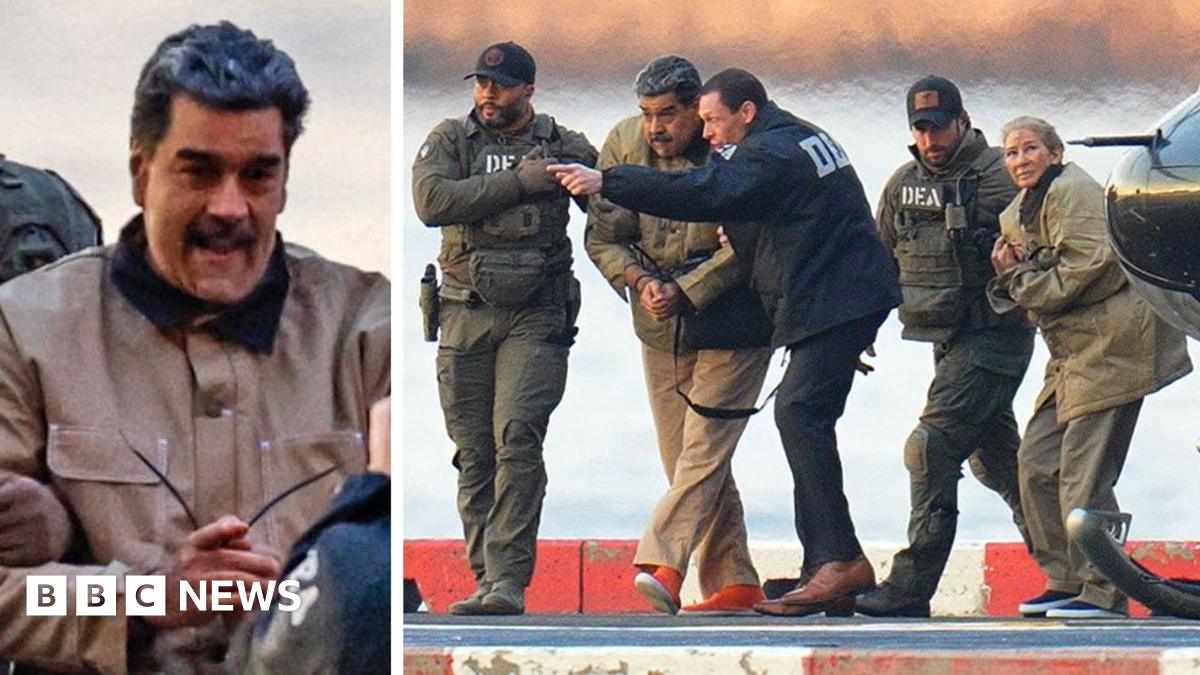
Nicole Kolster
Reporting from Caracas
Monday morning. The usual routine begins. The streets and
avenues of Caracas gradually regain…
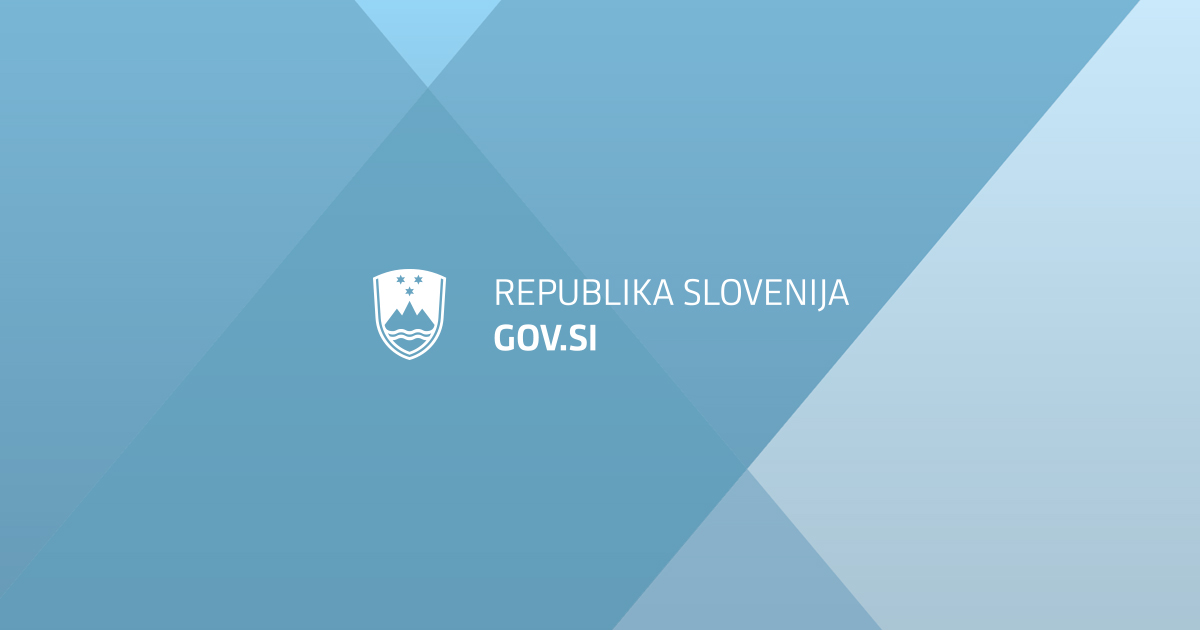
Iceland, Ireland, Luxembourg, Malta, Norway, Slovenia and Spain condemn the latest Israeli legislation targeting UNRWA, including measures to cut water, electricity and communications to its facilities. Such actions undermine the UN mandate,…